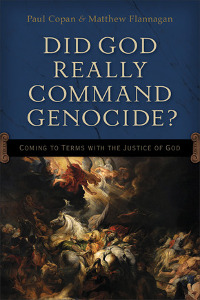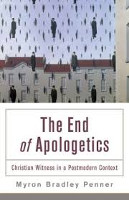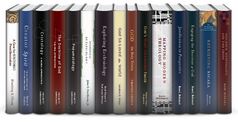Paul Copan and Matthew Flannagan, Did God Command Genocide?: Coming to Terms with the Justice of God (Grand Rapids: Baker, 2014), 353 pages. (Electronic copy reviewed here)
I’ve been curious to see this one ever since my good friend Matt Flannagan told me that he and Paul were going to be writing it.
Knowing Matt as I do, I feel pretty safe in saying that the move to write this book started from arguments about God as the basis of morality. Moral truths point to a moral law-giver, and a divine command theory (in which moral obligation is tied closely to God’s commands) is the best account of moral duty. But what then, some – like Raymond Bradley – ask, do we make of the biblical accounts of conquest and slaughter in the Old Testament? Can you really believe that this God is the perfectly good, loving personal basis of all moral duty? Strictly speaking we can just bat the question away, because the moral argument for theism and a divine command theory of ethics do not commit us to saying anything about what we find in the Bible. But it is an elephant in the room. If we are Christians, then that is the God we believe in, so when we talk about an argument for God’s existence or about God’s commands, this is the God we mean. At some point then we’ll need (or at least we would certainly like) a way of addressing the concern that what we find in the Old Testament accounts of Israel’s conquest of the land of Canaan and the killing of its inhabitants is incompatible with the goodness of God.



 Myron Bradley Penner, The End of Apologetics: Christian Witness in a Postmodern Context (Grand Rapids: Baker Academic, 2013)
Myron Bradley Penner, The End of Apologetics: Christian Witness in a Postmodern Context (Grand Rapids: Baker Academic, 2013) It was a pleasure to be asked to review The Baker Academic Theological Studies Collection from Logos Software. The bottom line is that this is a tremendous collection to have at your fingertips if you’re a student or teacher of theology, a pastor – or if you’re someone who simply enjoys reading theology of course, we do exist! The works are somewhat academic in tone, but not at the inaccessible end of the scale by any means. The works are published by branches of Baker Books (Baker Academic and Brazos), and if you have experience with these publishing houses you’ll realise that this means they are published to be read by mere mortals.
It was a pleasure to be asked to review The Baker Academic Theological Studies Collection from Logos Software. The bottom line is that this is a tremendous collection to have at your fingertips if you’re a student or teacher of theology, a pastor – or if you’re someone who simply enjoys reading theology of course, we do exist! The works are somewhat academic in tone, but not at the inaccessible end of the scale by any means. The works are published by branches of Baker Books (Baker Academic and Brazos), and if you have experience with these publishing houses you’ll realise that this means they are published to be read by mere mortals.